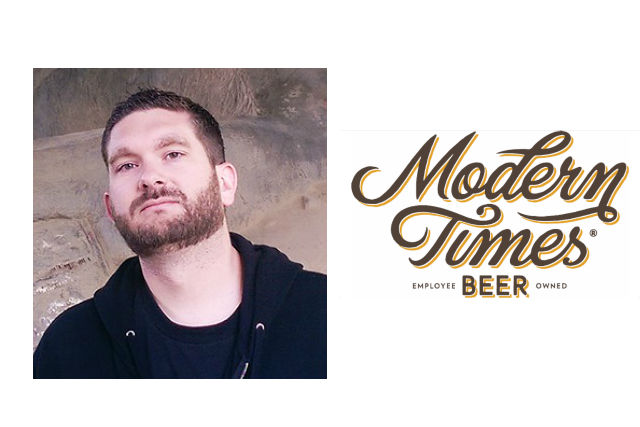
This is a part of a continuing series of Q&As with brewers from across the U.S.
Brewer Magazine will share business and personal insights from Brewmasters, Head Brewers, Brewing Managers and others each weekend to help you, a fellow brewer, Brewmaster or brewing manager get to know each other better in the industry and learn more to better develop your own brand.
Rick Blankemeier, Director of Brewing Operations, Modern Times Beer — San Diego
BREWER: What is a lesson learned within your position that sticks with you to this day?
BLANKEMEIER: Safety, quality, production — in that order. Providing a culture of safety and concern for one another’s health is the foundation for any successful brewery. No increase in production can ever justify a team member being hurt or not coming home at all. Also holding your team accountable (both good and bad) for safe behavior is key to driving a culture of safety at your brewery. Quality is the second pillar that is essential for any success in this industry. There’s a lot more competition in the craft space and providing high-quality beer to your fans is more critical than ever.
BREWER: Who is your mentor in the industry and why? What have your learned from them
BLANKEMEIER: There are so many people that have helped me in the industry and so little space to convey the sheer amount of friends and colleagues that have helped me out over the years. The first was Jaime Jurado (Current Dir. of Brewing Ops for Abita, formerly VP of Brewing Ops for Gambrinus), who introduced me to the industry when I was going through my senior year chemical engineering capstone project at CU-Boulder. He helped me to understand that good engineering and sustainability fundamentals can really improve the quality of beer — as well as benefit the environment and the company’s bottom line. The second is Mitch Steele, who taught me that success in the craft beer industry is as much about developing positive relationships with other brewers and vendors as the quality of the beer itself. Mitch also gave me my first dedicated brewing and QA role at Stone. I wouldn’t be where I’m at without his guidance and mentorship over the years. My passion for craft beer was ignited by Julia Herz when I interned for the Brewer’s Association. Her boundless energy is infectious and I couldn’t help myself from falling in love with craft beer. Gwen Conley always asks me if I’m still having fun in the industry. She’s my touchstone when it comes to my overall job satisfaction and to keep things in perspective when I’m having stressful weeks.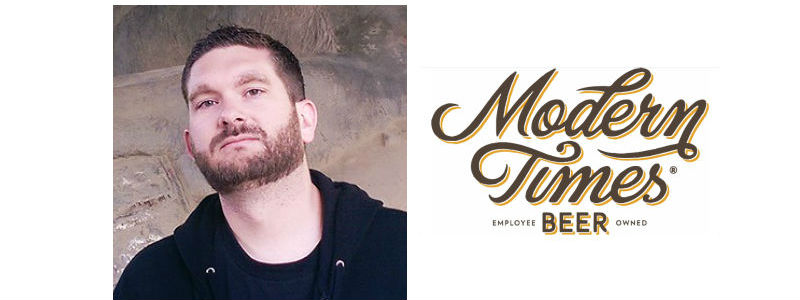
BREWER: What have you added to your brewery lately that’s unique or making your business more successful?
BLANKEMEIER: We recently opened up two new tasting room locations at the start of this new year. Our downtown LA location (Dankness Dojo) is a 10-bbl brewpub with an amazing plant-based menu. It’s our first foray into the restaurant industry and we couldn’t be happier with providing our weirdness and passion for great beer, food, and art to the denizens of LA. The second is our production facility in Portland, Oregon, where we plan to help out our Pacific Northwest distribution market. I think it’s pretty rad that we’re four and a half years into being in business and we’re already brewing in different parts of the country at a production level. We also have plans to open up our Leisuretown location in Anaheim this fall, where we’ll be brewing and packaging our sour beers in a unique and very Modern-Timesean way. We also became an employee-owned business last year, which really drove home the message that we all have a stake in this business and that collectively we can accomplish anything.
BREWER: In today’s business climate for craft beer, how will your brewery grow?
BLANKEMEIER: The first step is continuing to commit to sound business fundamentals. I know that sounds very obvious, but there are a disturbing amount of craft breweries out there that don’t know how much money a pint of their beer costs to produce and take out business loans that aren’t realistic to their growth cycle. Secondly, we’re going to continue to listen to our fans and take their feedback seriously. We commit a lot of time, effort, and personnel to take our fans’ feedback and make it a reality. This day and age is all about engaging the individual and making sure they know we’re paying attention to what they value and listen to what we’re doing well (and not so well). We want to bring joy to the most amount of people while still keeping true to ourselves as a company. We also are looking at some diversification of our products. We have an amazing coffee production team that sources and roasts some of the best coffee in the world. Cold brew coffee is a growing segment of our business and definitely takes some of the burden off of our brewing team to grow our company. We also want to grow our existing wholesale footprint and expand our partnerships with our distributors while still focusing locally at our different tasting room locations.
BREWER: What sort of innovations in craft beer excite you?
BLANKEMEIER: I initially wrote off the hazy IPA craze as a flash-in-the-pan fad and lazy, but I can assure you that the haze is sticking around. I also learned how difficult it is to create a high-quality, shelf-stable hazy IPA in reasonably large quantities. The brewing team and myself at Modern Times have spent untold hours coming up with ways to improve our hazy IPAs to meet the ever-growing demand of our fans. I also have hope that high-quality craft Pilsners and Lagers are making a resurgence in the market. My team and I are more than slightly obsessed with the idea of making more of our awesome Pilsner and bringing that style back to the forefront for our fans.
BREWER: If you had one strategy that you could implement to better the craft beer business, what would it be?
BLANKEMEIER: Seeing the benefits of employee-ownership have been game-changing for our company culture and our business as a whole. I personally feel like the craft beer industry could benefit greatly by investing in their employees and trusting the future of their companies to their collective ownership. I can’t tell you how much fun it is to refer to everyone I work with at Modern Times as a fellow co-owner and to know that Modern Times is actively engaging all of its co-owners in the success of our company of beer nerds and brewing crackpots.

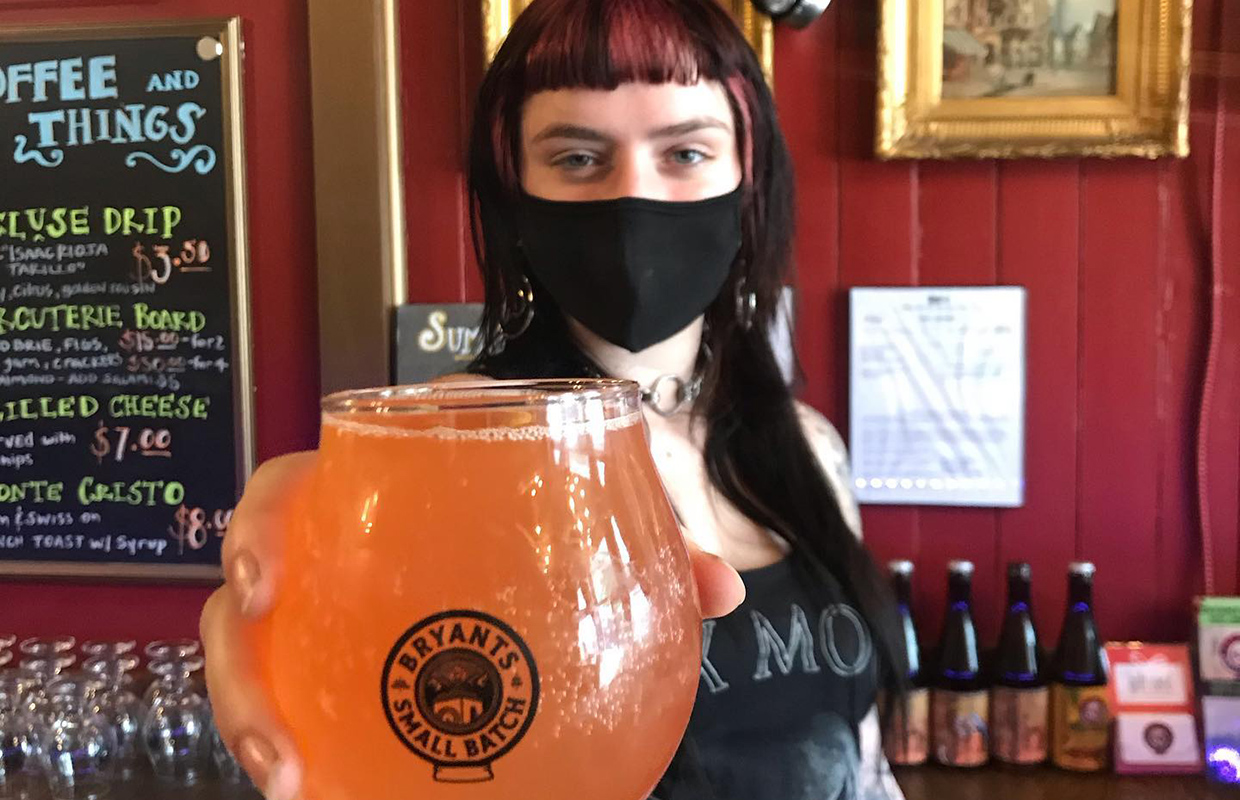
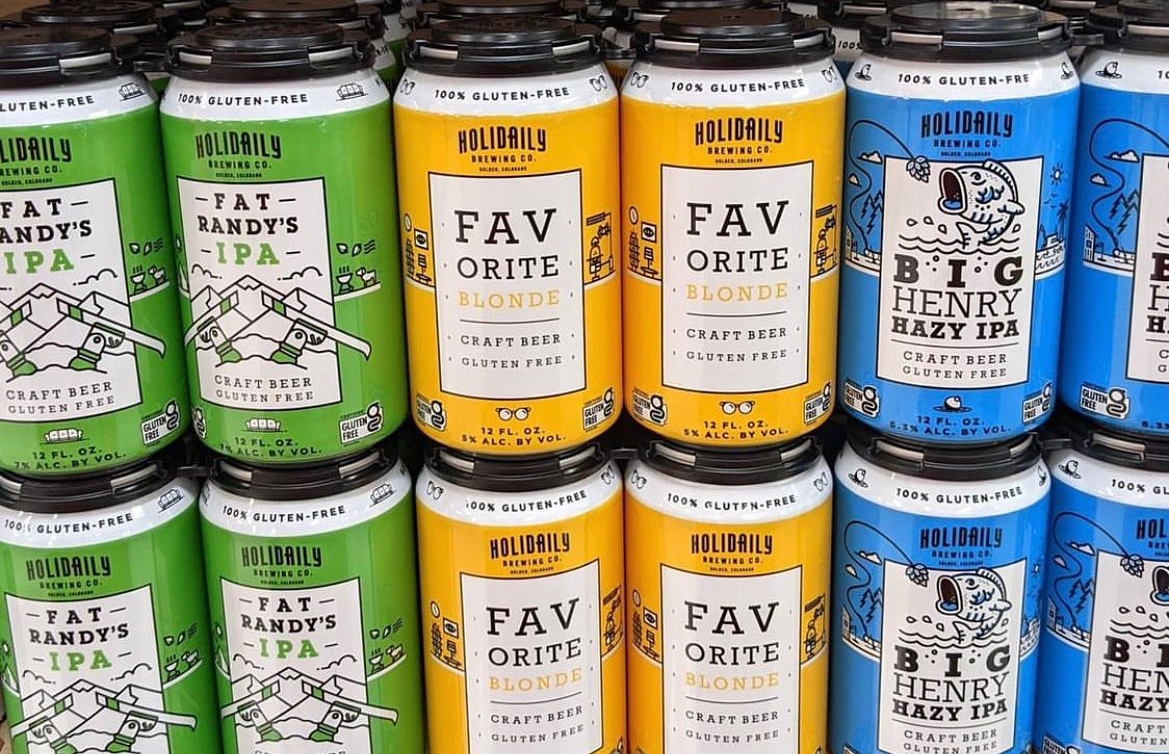
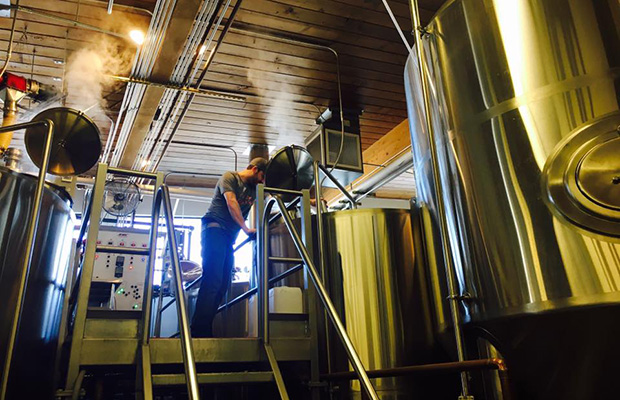
Be the first to comment